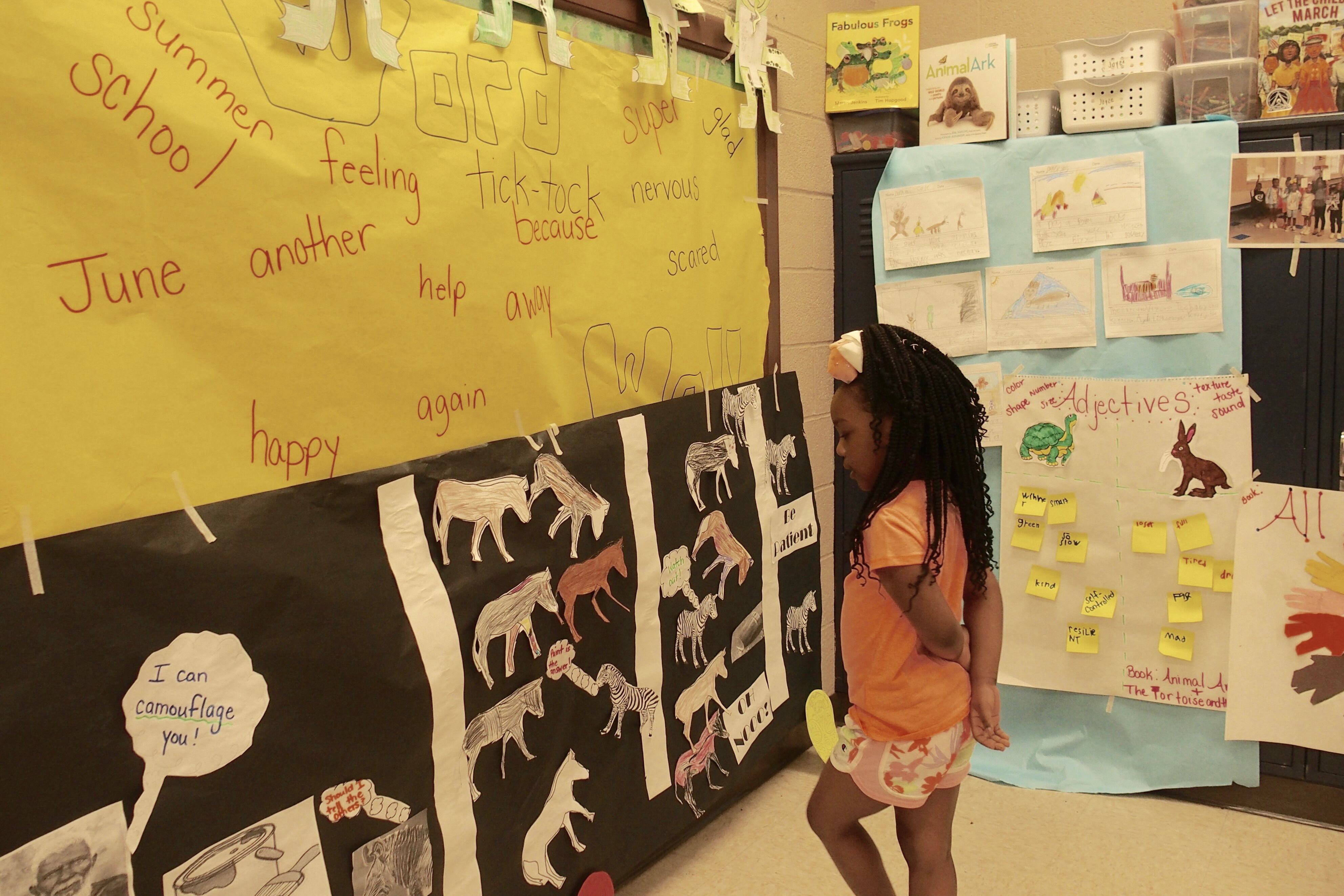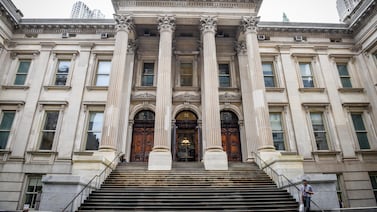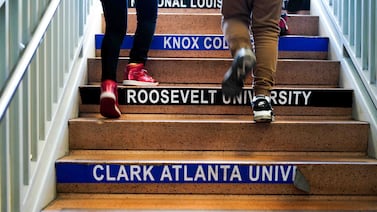The Shelby County Schools board rejected all four charter schools Tuesday that sought to open in 2021. At least two applicants plan to appeal the decision to the state.
The board’s decision denying all new charter schools requests is a first in recent history. The board approved two charter schools last year. Mirroring a national trend, the number of Memphis charter school applicants has declined in recent years.
In their denial, district staff cited concerns about insufficient funds and inadequate support for English language learners and students with disabilities. For Memphis School of Excellence, the district’s neighborhood analysis showed that a school was not needed to ease capacity in Cordova.
The charters could have resulted in millions of dollars being diverted from the district, according to staff reports. Estimates ranged from $1.1 million to $5 million per school based on expected enrollment. Districts often lament the loss of funding when students enroll in charter schools because many fixed costs, such as buildings, remain.
Charter schools are nonprofits funded by taxpayers and have fewer restrictions compared with traditional schools. In exchange, they accept higher accountability for academic results.
Two of the applications, Bluff City Collegiate and Luceo Collegiate School of the Arts, were first-time operators; the other two, Memphis School of Excellence Cordova and Cornerstone Prep K-8, were from existing charter school networks. Leaders of the existing charter operators said Tuesday evening they plan to appeal the board’s decision to the State Board of Education.
Drew Sippel, the executive director of Capstone Education Group, which operates three Cornerstone Prep schools in the state-run Achievement School District, said the organization’s 8 years in Memphis “provides ample support” to expand its network.
“We believe CEG has a significant track record of academic success as well as parent approval,” he said in an email. The network’s school in Frayser had the highest math scores in the state-run district in 2019, but two-thirds of students still did not meet state requirements.
LeBaron McClary, leader of the proposed Luceo Collegiate, did not respond to a request for comment. Luke Savidge, leader of the proposed Bluff City Collegiate, said the school’s board would decide whether or not to appeal to the state on Wednesday.
“Obviously, we’re disappointed,” Savidge said. “Middle school performance in SCS is not where it needs to be.” He also commended the district’s efforts to prepare to support families in a switch to online learning during the pandemic.






